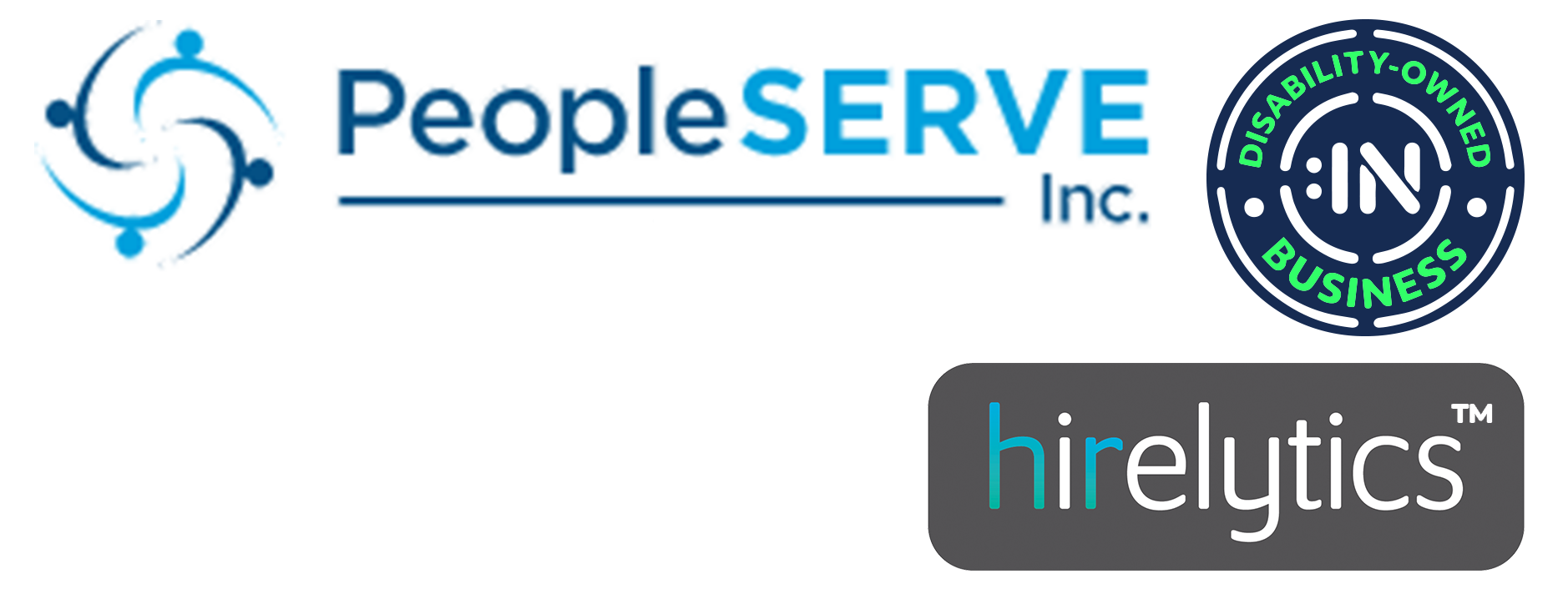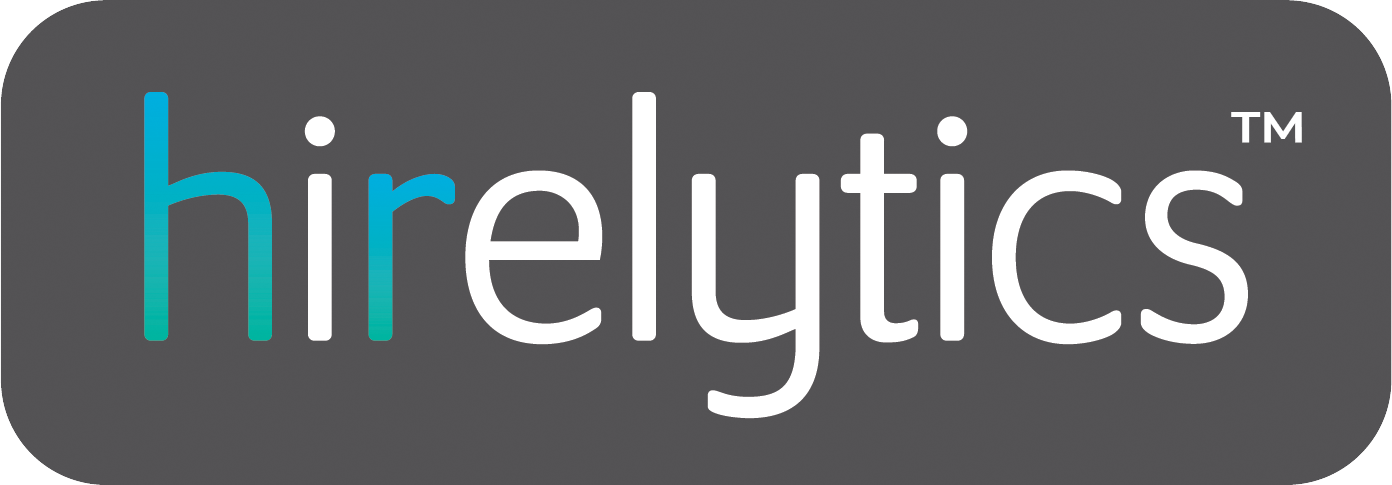How do managers assess soft skills?
Job seekers tend to focus on all their flashier credentials when fluffing their resumes. While technical skills like a knack for Excel and experience in project management are no doubt important, that’s not all you should be looking for. Soft skills showcase a potential hire’s emotional intelligence, communication style and innate personality traits.
Here’s the problem: It’s awfully hard to assess those skills when candidates are on their very best behavior.
How you can push past canned answers and “game face” to size up an interviewee’s soft skills and find the candidate who best suits your needs?
Take note of nonverbal cues
1. What a candidate says is one thing. What they do can be a lot more revealing. Everything from facial expressions to posture can clue you into how a candidate is actually feeling.
2. Watch how jobseekers interact with other people in the waiting room. Did they thank your assistant for the cup of coffee they brought out? Did they walk into your office with confidence or stroll in, hands in pockets, like they own the place? How about eye contact?
3. Take notes. Nonverbal communication may not be the whole picture, but it’s definitely plays a significant role.
Evaluate their attention to detail
Attention to detail isn’t a soft skill in of itself but rather an umbrella term that encompasses a bevy of valuable skills like listening, organizing, introspection, scheduling, accuracy and diligence. To assess an applicant’s attention to detail, consider the following:
- Were they on time for their interview?
- Did they bring the references and other supportive materials requested?
- Did they remember a pen to fill out their application?
- Do they speak about their professional experience in generalities (“I helped increase sales volume”) or specifics (“My lead generation software boosted sales by 18%)?
- Do they remember and reference details from the initial job post?
Track who sends thank-you notes
Sending a thank-you note after an interview isn’t just polite, it’s also an indication that the interviewee is able to balance professionalism and gratitude. Even the content of the note can provide insight. It takes experience to be able to craft a message that feels warm without coming across as too casual. The ability to follow through with a note of appreciation and include details specific to the interview highlights an applicant’s commitment to the position and your company.
Check whether they’ve done their research
According to a Careerbuilder survey, 64% of candidates who found a promising job opportunity went on to research that company online. That effort reflects not only their attention to detail — revisiting a soft skill mentioned above — but serves as a demonstration of their interest in learning about the company they could soon join.
Jobseekers who take the time to learn about your company are already invested in being a part of your team. You’ll know they’ve put in the legwork by the way they allude to news about a recent product launch, mention an award the CEO won or echo pieces of the company mission statement and core values as part of their own professional vision. If you’re not sure they’ve done their homework, ask a leading question regarding their feelings about the company’s charitable endeavors or diversity initiatives and gauge the response.
Every recruiter has their own vision of what makes up a perfect candidate, but knowing how to assess soft skills and work that information into the overall analysis of an applicant could be just what you need to help build a productive, efficient team. Understand what talent is expecting in the modern workplace.


